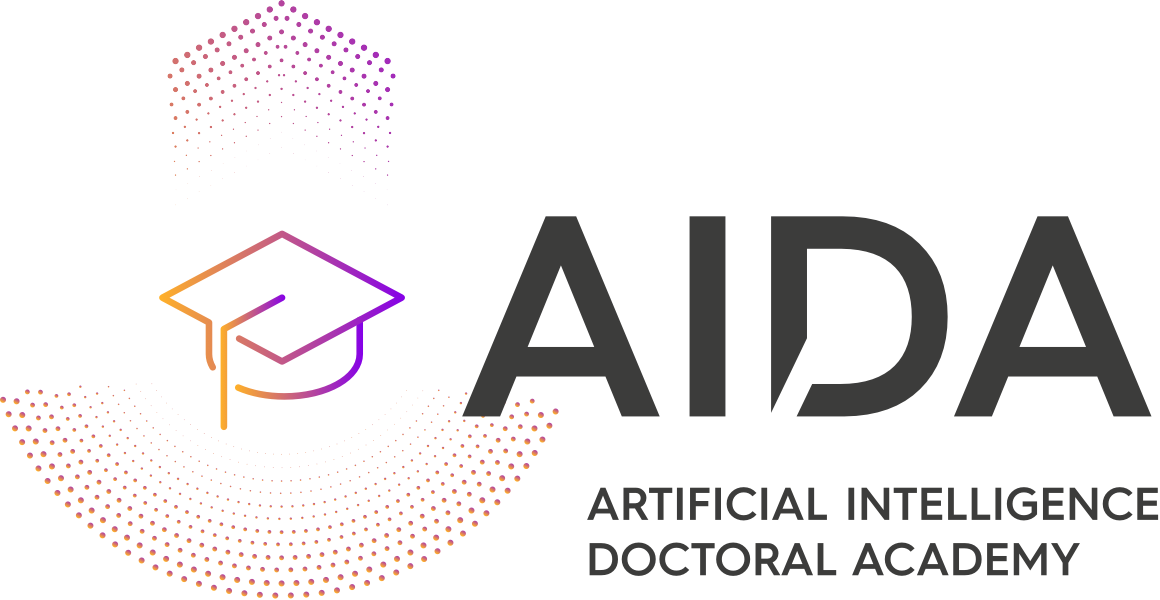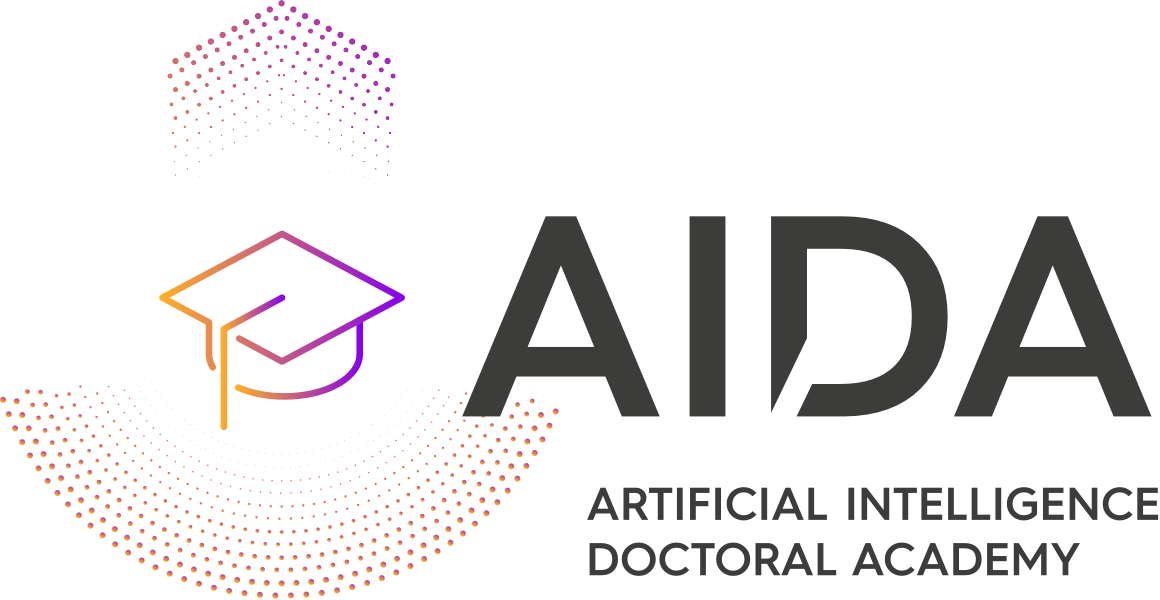This lecture covers the basic concepts and architectures of Multi-Layer Perceptron (MLP), Activation functions, and Universal Approximation Theorem. Training MLP neural networks is presented in detail: Loss types, Gradient descent, Error Backpropagation. Training problems are overviewed, together with solutions, e.g., Stochastic Gradient Descent, Adaptive Learning Rate Algorithms, Regularization, Evaluation, Generalization methods.
Archives: Resources
Resource description
1D Convolutional Neural Networks
This lecture overviews 1D Convolutional Neural Networks that has many applications in 1D signal analysis. It covers the following topics in detail: 1D Convolution, 1D CNN Architecture, Convolutional Layer, Fully Connected Layer, Pooling Layers, Activation Functions, Supervised Learning, Classification/Regression, 1D CNN Training, 1D CNN applications (ECG monitoring, Music tagging).
Bayesian Learning
This lecture overviews Bayesian Learning that has many applications in pattern recognition and clustering. It covers the following topics in detail: Bayes probability theorem. Bayes decision rule. Bayesian classification. Maximum A-Posteriori Criterion. Maximum Likelihood Criterion. Normally Distributed Sample Classification. Bayesian clustering.
AI Science and Engineering and its Impact on the Society
This CVML Web Module focuses on the “Introduction to AI Science and Engineering and its impact on the society and Environment”. It is ideal for personnel upskilling and reskilling on AI. The Module content can be configured on demand. It consists of 16 lectures covering some of the following topics: Introduction to AI Science and… Continue reading AI Science and Engineering and its Impact on the Society
AI Studies
AI is a rapidly emerging field that has opened up new vistas of innovation and creativity. From intelligent systems to self-driving cars, AI has transformed the way we live and work. While AI is often studied as a subfield of computer science, it has grown so rapidly that it now encompasses many other fields. The… Continue reading AI Studies
Syntactic Pattern Recognition
This lecture overviews that has many applications in data analysis. It covers the following topics in detail: Syntactic Pattern Recognition Systems. Preprocessing Techniques. String-Based Models. Formal Grammars (Context-sensitive grammars, Context-free grammars, Regular grammars). Attributed grammars. Stochastic grammars. Graph-Based Models, Graph matching algorithms. Applications.



